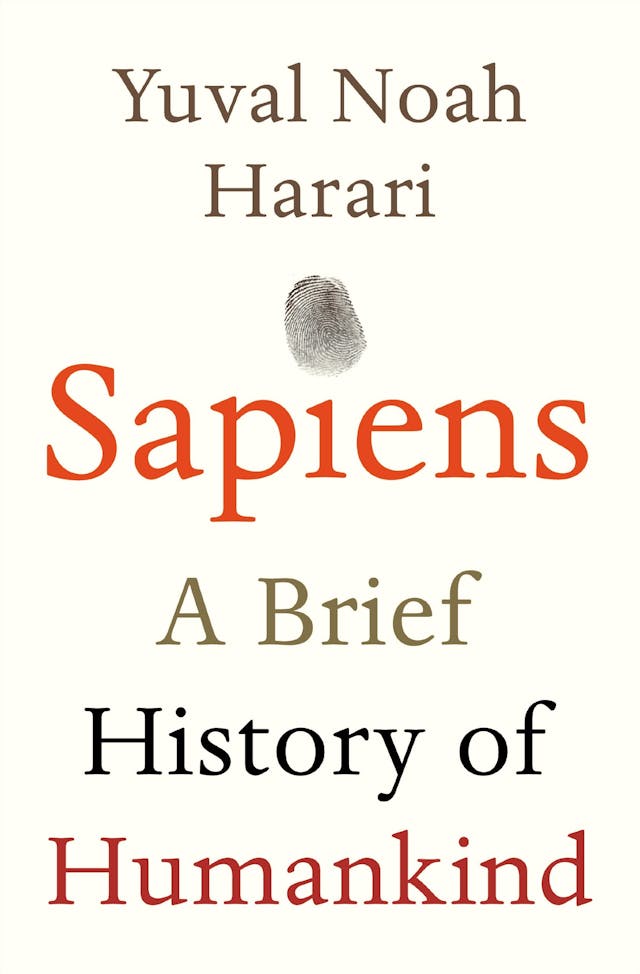The Sixth Extinction: An Unnatural History Summary
Key Takeaways
- Human activity has precipitated a mass extinction event, the sixth in the history of the planet.
- The rapid disappearance of species today is unparalleled since the dinosaurs' extinction.
- Human-driven changes like habitat destruction, climate change, and acidifying oceans are accelerating the loss of biodiversity.
- The consequences of this extinction will affect all life on Earth, including humans.
- It's crucial to recognize and mitigate our impact on the environment to preserve biodiversity.
🌿 ReflectBay
Overthinking again?
You're not too much. You're just overwhelmed and it's okay. We help you untangle the noise and feel calmer.
We'll help you...
Summary
Elizabeth Kolbert’s 'The Sixth Extinction' explores the ongoing extinction event resulting from human influence, which is likely to be one of the most devastating since the asteroid impact that obliterated the dinosaurs. Through first-hand accounts and scientific studies, Kolbert visits locations around the globe to illustrate the ecological crises.
Each chapter discusses different species or ecosystems affected by human activity, from the great auk to coral reefs. Kolbert’s storytelling weaves these examples into a broader narrative about how humans have become a force of nature.
Kolbert combines scientific explanations with the personal stories of researchers and conservationists on the front lines of the biodiversity crisis, providing both an emotional and intellectual appeal to understand and act on these issues.
Ultimately, 'The Sixth Extinction' serves as a stark reminder of the power humans wield over the planet’s future and the moral responsibility we have to mitigate the damage, emphasizing that this extinction event is unlike any other—it is one we have control over and can still affect the outcome of.
Also recommended

Sapiens: A Brief History of Humankind
Yuval Noah Harari
A Short History of Nearly Everything
Bill Bryson
